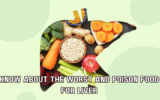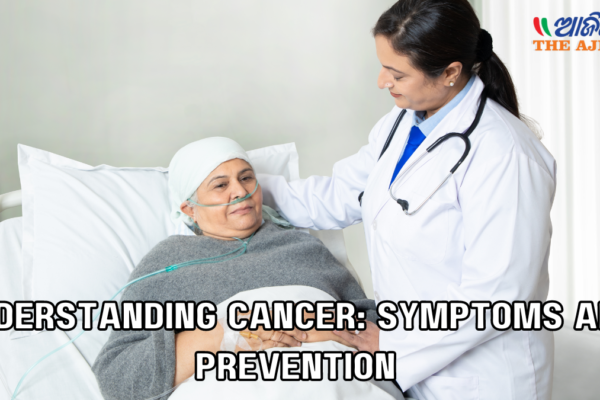Introduction:
Liver cancer, a potentially life-threatening condition, often presents subtle symptoms that can easily be overlooked. Early detection is crucial for effective treatment and better outcomes. This blog aims to inform you about the symptoms of liver cancer and highlight the importance of being vigilant about your health.
What is Liver Cancer?
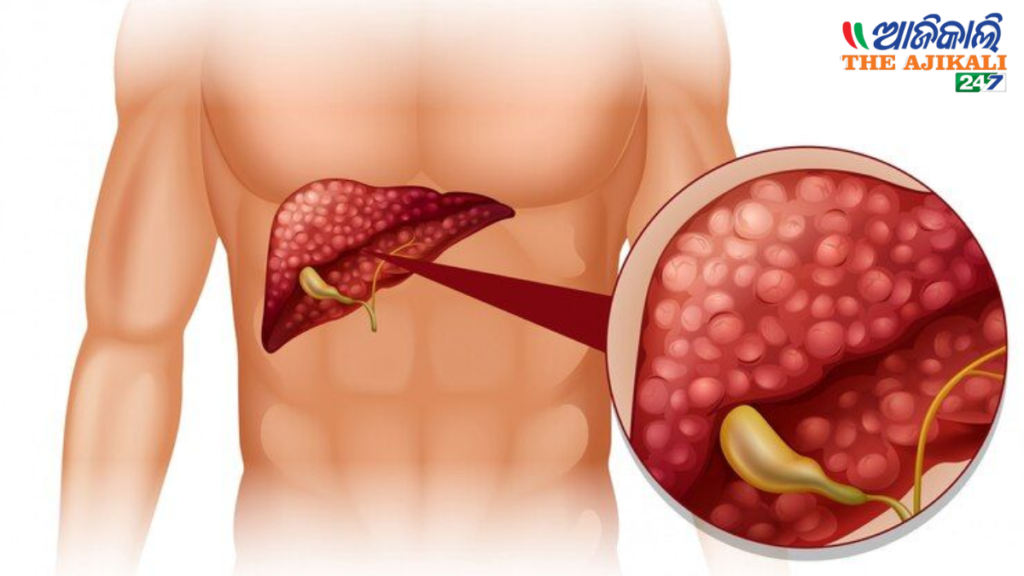
Liver cancer originates in the cells of the liver, an essential organ responsible for various functions, including detoxification, protein synthesis, and digestion. The most common type of liver cancer is hepatocellular carcinoma, which starts in the main type of liver cell called hepatocytes.
Early Symptoms of Liver Cancer:
Liver cancer can be challenging to detect early because its symptoms are often vague and can mimic other common illnesses. Here are some early warning signs:
1. Unexplained Weight Loss:

Sudden and unexplained weight loss without changes in diet or exercise can be an early sign of liver cancer.
2. Loss of Appetite:

A significant decrease in appetite and a feeling of fullness even after eating small amounts can indicate liver issues.
3. Upper Abdominal Pain:

Persistent pain or discomfort in the upper right side of the abdomen can be a symptom of liver cancer.
4. Nausea and Vomiting:

Frequent nausea and vomiting, especially if persistent, can be associated with liver problems.
Advanced Symptoms of Liver Cancer:
As liver cancer progresses, more specific symptoms may develop:
1. Swelling in the Abdomen:

Swelling or fluid buildup in the abdomen, known as ascites, can occur in advanced stages of liver cancer.
2. Jaundice:

Yellowing of the skin and eyes, known as jaundice, occurs when the liver fails to process bilirubin properly.
3. Itchy Skin:

Persistent itching, especially without an apparent cause, can be related to liver dysfunction.
4. Fatigue:

Chronic fatigue and weakness, which are not relieved by rest, can be indicative of liver cancer.
5. Dark Urine and Pale Stools:
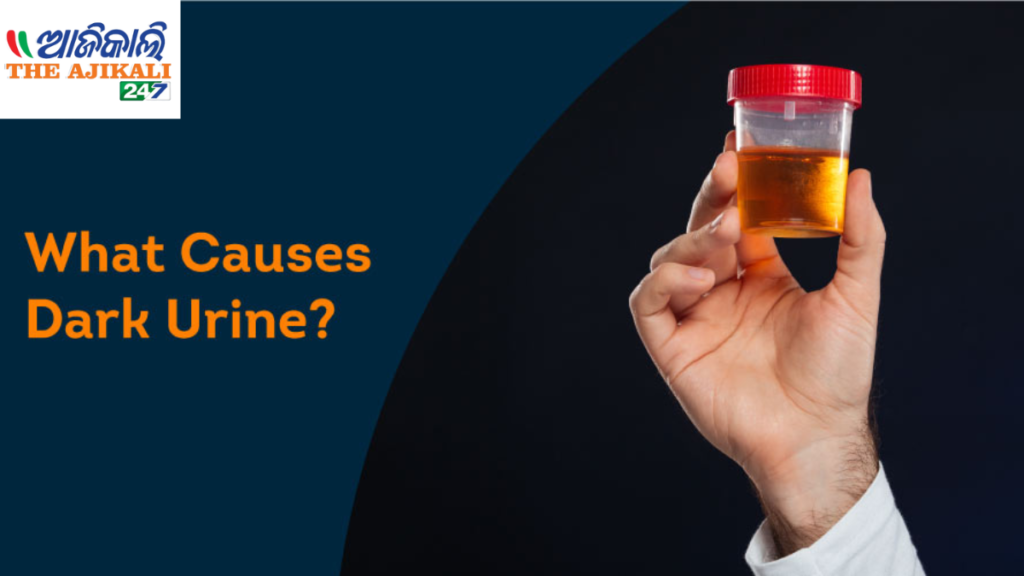
Changes in urine color (dark) and stool color (pale) can signal liver problems.
6. Right Shoulder Pain:

Referred pain in the right shoulder due to liver enlargement can sometimes occur.
Risk Factors:
Certain factors can increase the risk of developing liver cancer:
1. Chronic Viral Hepatitis:

Hepatitis B and C infections are significant risk factors for liver cancer.
2. Cirrhosis:
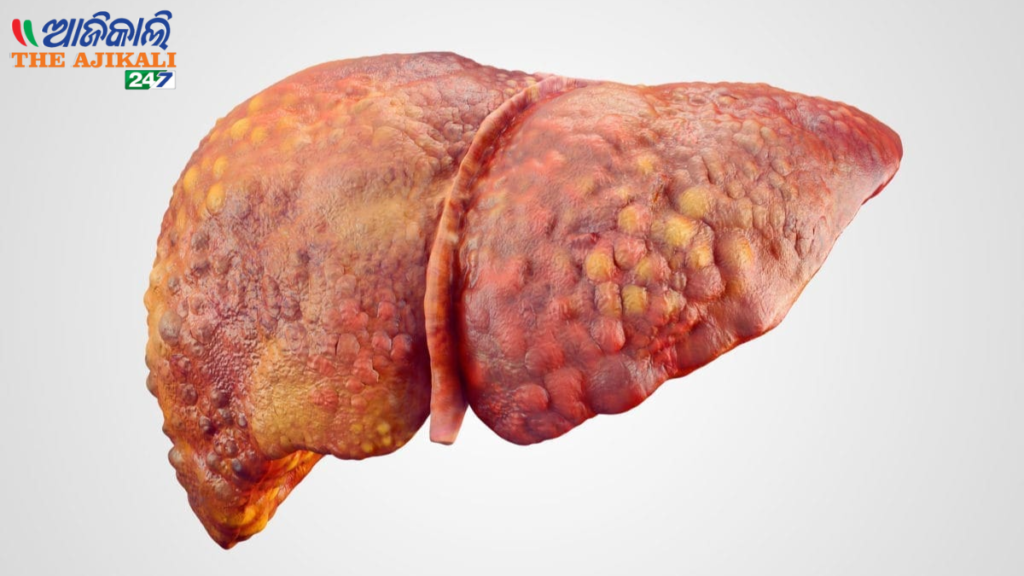
Long-term liver damage leading to cirrhosis significantly increases the risk of liver cancer.
3. Non-Alcoholic Fatty Liver Disease (NAFLD):
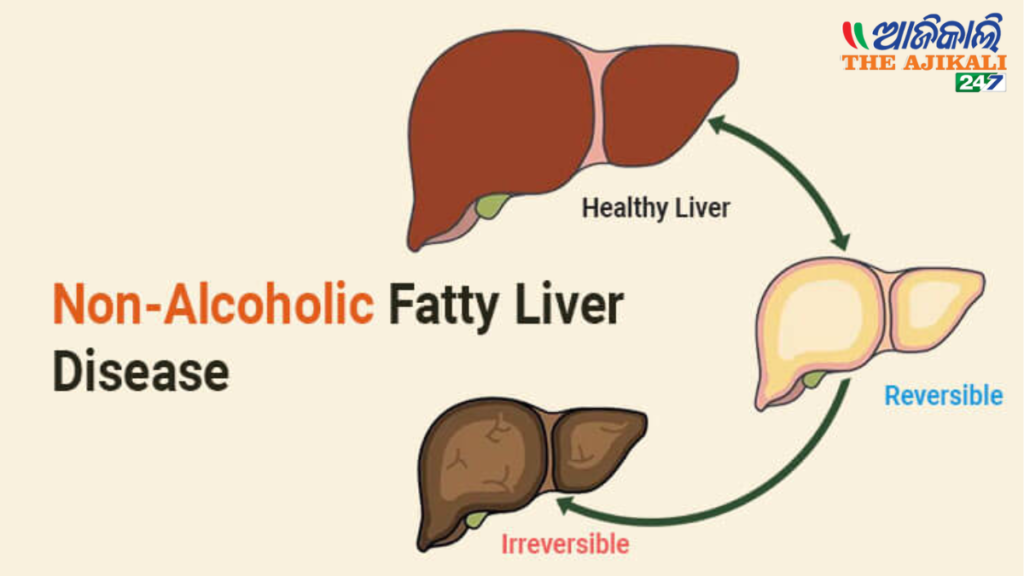
Accumulation of fat in the liver not related to alcohol consumption can lead to liver cancer.
4. Alcohol Consumption:

Excessive alcohol consumption can lead to cirrhosis and subsequently increase liver cancer risk.
5. Diabetes and Obesity:

Both conditions are associated with an increased risk of liver cancer.
When to See a Doctor:

If you experience any of the symptoms mentioned, especially if you have risk factors for liver cancer, it is crucial to consult a healthcare provider. Early diagnosis through imaging tests, blood tests, and biopsies can significantly improve treatment outcomes.
Conclusion:
Awareness and early detection are vital in the fight against liver cancer. Understanding the symptoms and risk factors can empower you to seek medical advice promptly, potentially saving lives through early intervention. Stay informed, stay vigilant, and prioritize your health.



